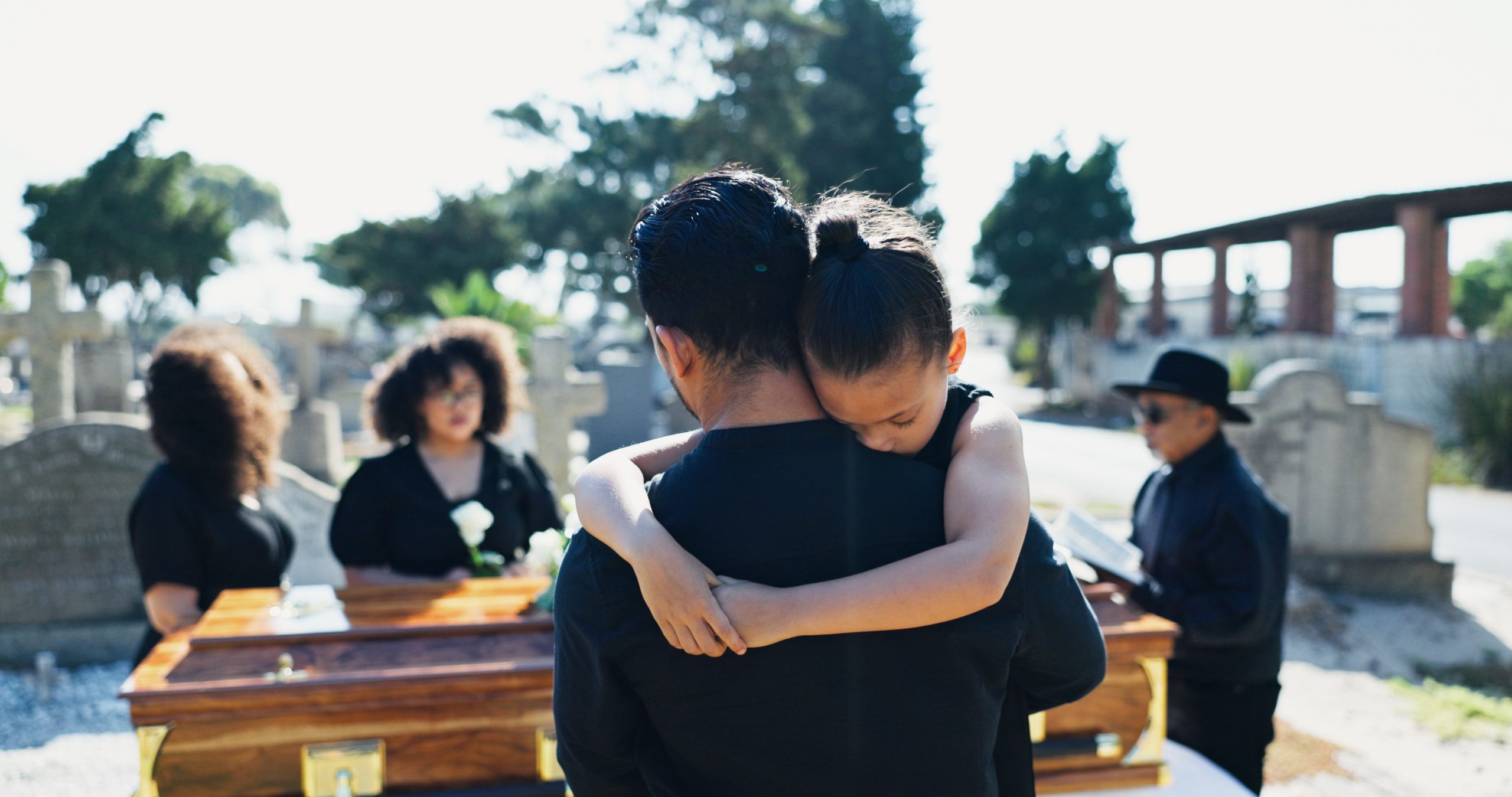Parents want to protect their children from pain, and that instinct often extends to avoiding difficult subjects. Yet postponing essential conversations about death leaves families unprepared when loss occurs. Talking openly about mortality can feel uncomfortable, but it helps children understand life’s realities and gives them tools to cope when grief arrives. Addressing these topics before a crisis fosters resilience, reduces fear, and ensures kids are not left confused when faced with loss. By knowing which conversations about death parents often delay, families can start building clarity and comfort instead of uncertainty.
1. What Death Actually Means
Children naturally have questions about what happens when someone dies, but many parents put off explaining it clearly. Using vague phrases like “went to sleep” or “passed away” can create confusion or even fear. A straightforward explanation that death means the body no longer works helps children grasp reality. This conversation about death builds understanding and prevents frightening misconceptions. Clarity creates space for children to ask follow-up questions openly.
2. The Inevitability of Death
Parents often avoid acknowledging that everyone eventually dies, fearing it will frighten children. Yet children benefit from understanding that mortality is part of life. Having this conversation about death reduces anxiety by making the concept less mysterious. Kids learn that while everyone dies, most people live long, meaningful lives first. Framing death within the context of life encourages healthy acceptance.
3. What Happens to Pets
For many families, a pet’s death is a child’s first real experience with loss. Parents sometimes delay discussing it, hoping to spare children sadness. Yet having this conversation about death through the lens of pets can introduce the concept gently. Talking about what happens when an animal dies teaches children to process grief in a manageable way. It also prepares them for future experiences with human loss.
4. How Different Cultures and Religions View Death
Death is understood differently across cultures, traditions, and religions, yet parents rarely explain this to children until much later. Discussing these perspectives helps kids appreciate the diversity of beliefs. Having this conversation about death can spark curiosity and promote respect for others. It also allows children to explore their own family’s traditions in a broader context. This openness makes death less frightening and more relatable.
5. Why Funerals and Memorials Exist
Parents often avoid explaining funerals or memorial services until the day a child must attend one. This leaves kids confused and overwhelmed. Having this conversation about death in advance helps children understand the purpose of these rituals. They learn that these events provide closure, honor the deceased, and support the grieving process. Preparing children ahead of time makes the experience less intimidating.
6. What Happens to Belongings After Death
The distribution of a loved one’s belongings can be an emotional process that kids rarely understand. Parents often postpone discussing it until they are forced to make quick decisions. Having this conversation about death ahead of time teaches children that items can hold memories and meaning. It also reinforces that objects are secondary to the relationships they represent. Clear discussions can reduce confusion and even prevent conflict.
7. The Role of Grief and Sadness
Many parents try to shield children from their own grief, leaving kids unsure how to process emotions. Yet it’s important to have conversations about death that include the natural role of sadness. Talking about grief as a normal and healthy response teaches emotional resilience. Children learn it is okay to cry, miss someone, and talk about memories. This honesty helps normalize emotions instead of burying them.
8. Preparing for the Loss of Aging Relatives
Parents often avoid acknowledging when grandparents or older relatives are nearing the end of life. Children may sense something is wrong but not understand what. Having this conversation about death prepares kids for the natural process of aging. It helps them cherish time with loved ones and reduces shock when the time comes. Early preparation fosters acceptance instead of fear.
9. How to Remember Loved Ones
Parents may put off talking about how to honor memories, fearing it will prolong sadness. In truth, having this conversation about death can provide comfort and connection. Children can learn about keeping photos, sharing stories, or creating traditions that honor someone who has died. These rituals help keep memories alive in a positive way. They transform grief into remembrance and love.
10. Parents’ Own Wishes for the Future
Perhaps the hardest conversation about death is when parents talk about their own eventual passing. Many avoid it altogether, leaving children unprepared if tragedy strikes. Discussing things like wills, guardianship, and personal wishes is an act of love and protection. It ensures that children are cared for according to their parents’ values. Though difficult, this conversation builds security and peace of mind.
Building Comfort Through Honesty
Avoiding conversations about death doesn’t make the reality disappear. Instead, it leaves children confused and less prepared when loss inevitably touches their lives. By addressing these topics early and with compassion, parents empower their children to navigate life’s most difficult moments with resilience. Having these conversations about death is not about instilling fear, but about offering clarity, comfort, and strength. When families choose openness, they create bonds that carry through both joy and grief.
Which conversations about death have you had with your children, and which ones do you think families put off the longest? Share your thoughts below!
What to Read Next…
Toxic Relatives and Kids: How to Protect Their Emotional Health
6 Innocent Parenting Habits That Lead to Big Therapy Bills Later
What Happens When Your Child Is Accused of Harassment at School?
8 Reasons Why “Free Range Parenting” Might Be Endangering Your Child
Here’s 10 Things Chat GPT Told Me People Are Doing Wrong With Raising Their Kids
The post 10 Conversations About Death Parents Always Postpone Too Long appeared first on Kids Ain't Cheap.








